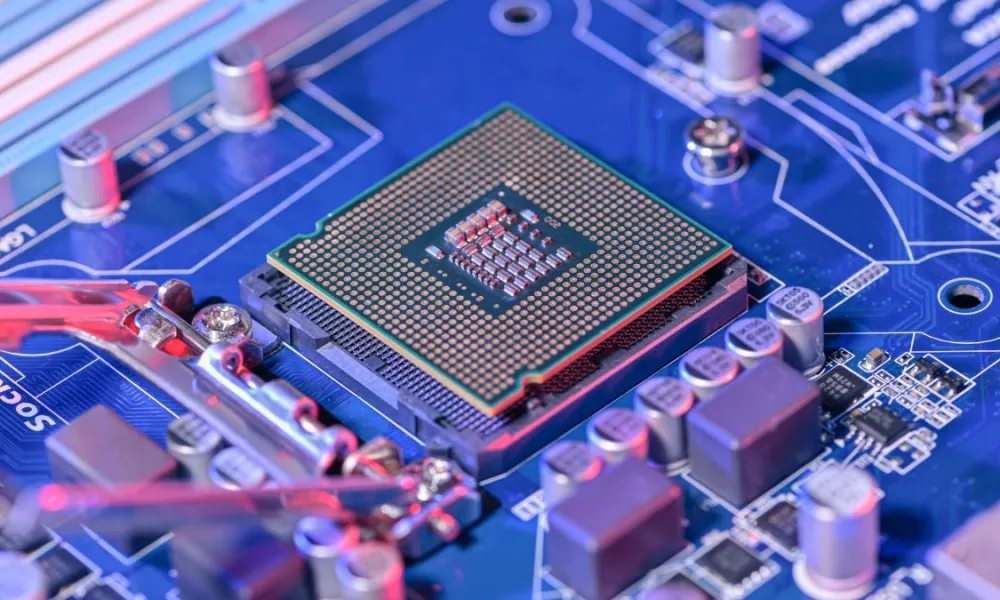Legislative
Senate approves $52 billion bill to manufacture semiconductor chips in the United States amid shortage

The United States Senate advanced a $52 billion this week aimed at manufacturing semiconductor chips domestically as a global shortage of the chips has caused production disruptions in the auto and electronics industries since the start of the COVID-19 pandemic.
The bill would provide subsidies to US manufacturers to ramp up domestic production of the semiconductor chips and ease the economic pain of higher car and electronics prices resulting from worldwide supply chain issues. The US has historically relied on imports for semiconductor chips.
The 68-28 vote in the Senate sends the legislation back to the House of Representatives, where a conference of both houses will convene to come to a compromise on the bill.
The White House is hopeful the final bill will offer some relief to the US economy, and “strengthen our supply chains, make more in America, and outcompete China and the rest of the world for decades to come,” according to Press Secretary Jen Psaki. “We look forward to the House of Representatives moving quickly to start the formal conference process as well.”
Critics of the bill, including Vermont Senator Bernie Sanders, say it is “corporate greed” and taxpayers should benefit from the financial gains made by US corporations who receive these subsidies. It is unclear when the conference on the bill will take place.
-

 Civilization5 days ago
Civilization5 days agoIran – the war begins
-

 Education5 days ago
Education5 days agoFlorida Teachers Unions Have Lost Their Way
-

 Guest Columns3 days ago
Guest Columns3 days agoWhy all the Jew hatred?
-

 Civilization3 days ago
Civilization3 days agoPirates of the American Revolution
-

 Civilization2 days ago
Civilization2 days agoClimate Lawfare Is Handing Moscow and Beijing a Strategic Gift
-

 Accountability5 days ago
Accountability5 days agoSafeguarding National Security through Investment in Critical Minerals
-

 Executive4 days ago
Executive4 days agoBad Bets: Massive EV Subsidies Not Paying Off
-

 Civilization4 days ago
Civilization4 days agoSpanberger and Dems Lie About Gerrymandering Scheme

